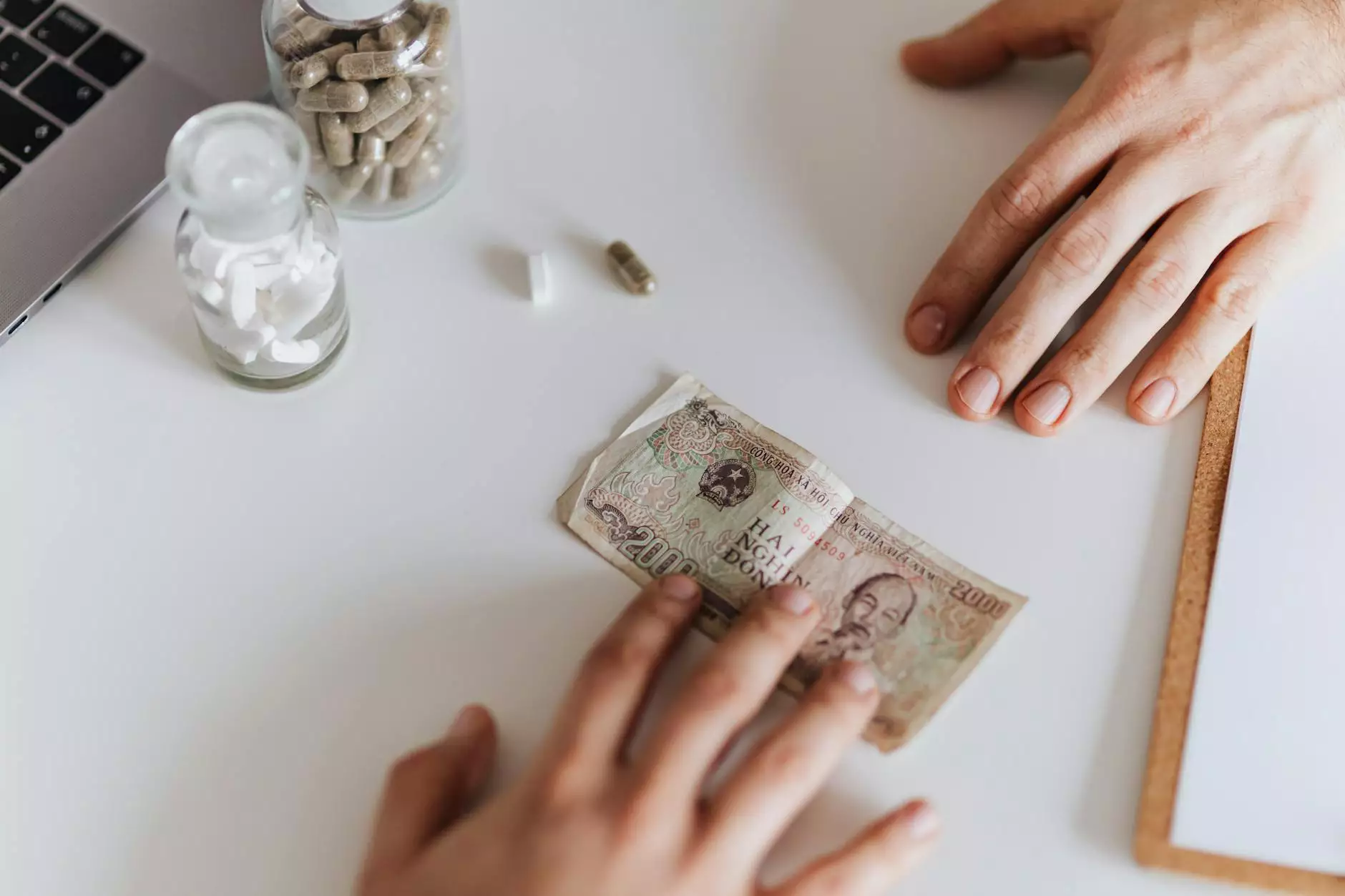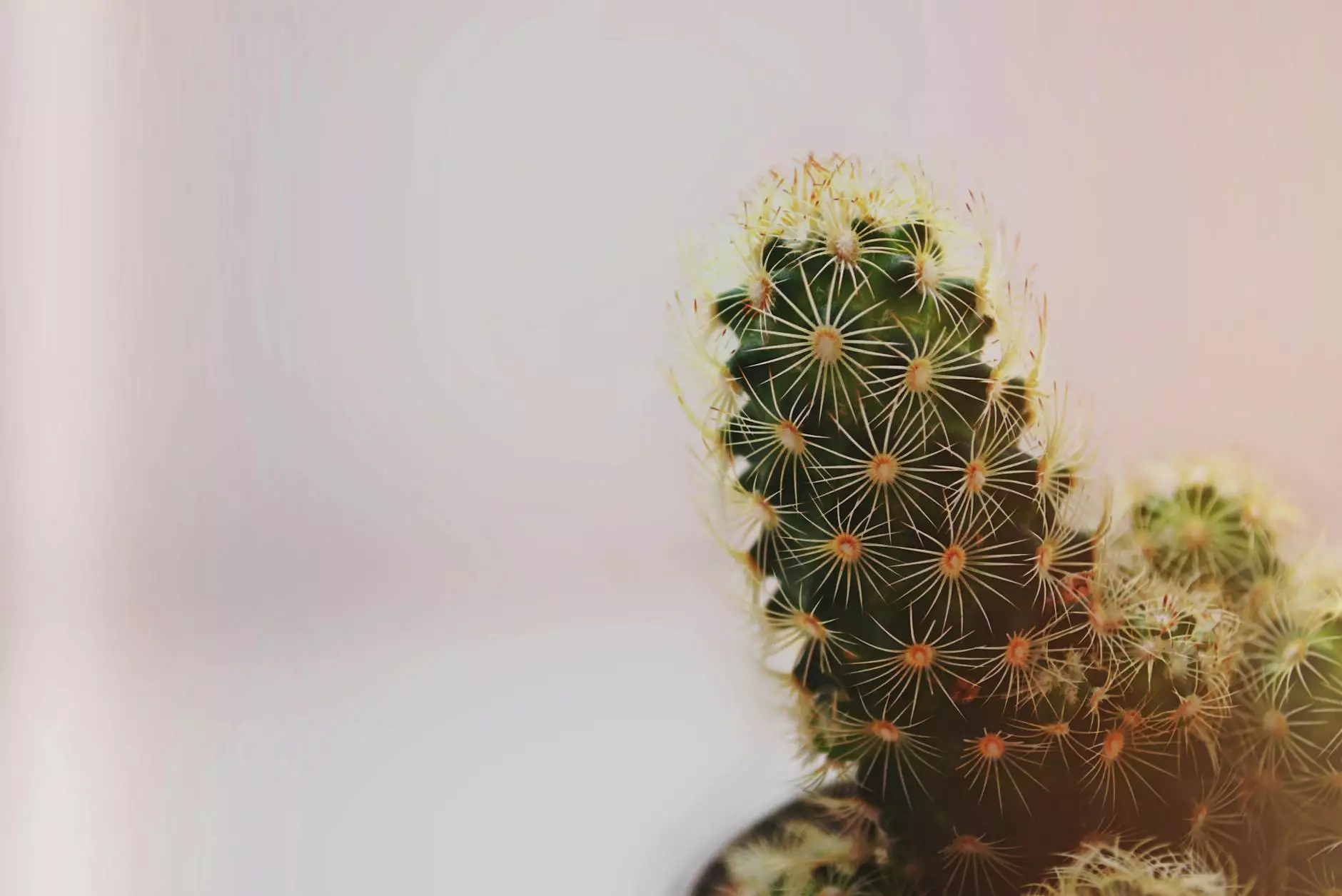Understanding Iboga and Ibogaine: A Comprehensive Overview

In recent years, a growing interest in alternative therapies has emerged, particularly surrounding natural substances and their potential benefits. Among these, iboga and ibogaine have garnered attention for their profound effects, particularly in the realms of addiction treatment and psychological healing. This article delves deeply into the intricacies of iboga and ibogaine, covering their origins, uses, effects, and the latest research to provide a well-rounded understanding of these remarkable compounds.
The Origins of Iboga and Ibogaine
Iboga is a shrub native to central and west Africa, particularly Gabon, where it has been used for centuries in traditional spiritual practices. The root bark of the iboga plant contains the psychoactive compound ibogaine, which is primarily responsible for its mind-altering effects. Used in initiation rituals and healing ceremonies by the Bwiti tribe, iboga serves not just as a spiritual tool but also as a vehicle for transformative experiences.
Cultural Significance and Traditional Uses
The Bwiti people believe that consuming iboga allows individuals to connect with ancestors and gain profound insights into their lives. This traditional use highlights the importance of spirituality and community in the healing process. During initiation ceremonies, iboga is consumed to facilitate personal growth, emotional healing, and the exploration of one's consciousness.
What is Ibogaine?
Ibogaine is an alkaloid derived from the iboga plant. Its unique chemical structure allows it to interact with various receptors in the brain, particularly the serotonin and opioid receptors. This interaction is what lends ibogaine its potentially therapeutic effects, especially in the context of breaking addiction cycles.
Therapeutic Potential of Iboga and Ibogaine
The therapeutic applications of iboga and ibogaine are extensive. Research has highlighted several key areas where these substances show promise:
- Addiction Treatment: Ibogaine has been particularly noted for its potential in treating opioid addiction. Studies suggest that it can significantly reduce withdrawal symptoms and cravings, paving the way for recovery.
- Psychological Healing: Individuals undergoing treatment often report life-altering realizations and emotional breakthroughs, which can be pivotal in healing past traumas and addressing underlying psychological issues.
- Neuroprotective Properties: Some research indicates that ibogaine may protect brain cells from damage caused by drug addiction and stress, making it an essential subject of studies aimed at understanding its neuroprotective mechanisms.
The Science Behind Ibogaine: How It Works
Understanding how iboga and ibogaine operate on a biochemical level can shed light on their effects. When ingested, ibogaine undergoes metabolic processes that convert it into a more potent form, noribogaine. This compound interacts with various neurotransmitter systems.
- Serotonin System: Ibogaine acts as a serotonin receptor agonist, which can lead to enhanced mood and emotional stability.
- Opioid Receptors: Ibogaine's influence on opioid receptors is particularly significant in addiction treatment, as it may block the effects of opioids, thereby reducing cravings.
- Glutamate System: By modulating glutamate, ibogaine may assist in neuroplasticity, helping the brain to rewire itself following addiction.
Personal Accounts and Anecdotal Evidence
While rigorous scientific research is ongoing, many individuals have reported transformative experiences following iboga or ibogaine treatments. Testimonials frequently highlight:
- Profound emotional release and catharsis.
- A powerful sense of understanding and clarity regarding personal issues.
- Long-lasting changes in perspective and behavior.
These accounts resonate with the traditional uses of iboga, emphasizing its potential for healing and transformation.
Legal Status and Availability
The legal status of iboga and ibogaine varies worldwide. In some countries, it remains a controlled substance, while in others, it is used in therapeutic settings. Research is ongoing to better understand its safety and efficacy, leading to discussions about broader legal acceptance as more data becomes available.
Risks and Considerations
Despite its potential benefits, consuming iboga and ibogaine carries risks. It is essential for individuals to consider the following:
- Cardiovascular Concerns: Ibogaine has been associated with cardiac complications, including arrhythmias, which can be dangerous, particularly for individuals with pre-existing heart conditions.
- Set and Setting: The experiences induced by ibogaine can be intense and overwhelming. Proper support and a safe environment are critical for ensuring a positive outcome.
- Medical Supervision: Professional guidance is recommended, particularly for individuals with a history of substance abuse, mental health issues, or cardiovascular problems.
Current Research and Future Directions
The scientific community is increasingly interested in understanding the mechanisms and effects of iboga and ibogaine treatment. Research focuses on several areas, including:
- Clinical Trials: Studies are being conducted to establish standardized protocols for ibogaine treatment, including dosage, treatment duration, and patient demographics.
- Long-Term Outcomes: Researchers aim to track participants over extended periods to measure both the efficacy and any potential risks associated with ibogaine therapy.
- Mechanistic Studies: Understanding the biochemical pathways involved in ibogaine’s effects is crucial to its acceptance in clinical practice.
Conclusion
The exploration of iboga and ibogaine offers exciting possibilities for those seeking alternative therapeutic options. With its roots deeply embedded in cultural traditions and an evolving scientific understanding, iboga presents a duality of spiritual and medicinal value.
As research continues and more individuals share their experiences, it becomes increasingly clear that these substances hold the potential for transformation, healing, and recovery. However, it is vital to approach them with caution, respect, and a commitment to safety.
For those interested in exploring iboga and ibogaine, it is essential to seek professional guidance and conduct thorough research to ensure a safe and informed experience. The journey towards healing can be profound, and with the right support, ibogaine may well be a beacon of hope for many.
For more information on iboga and ibogaine, or to explore potential treatment options, visit muchroomstore.com.









